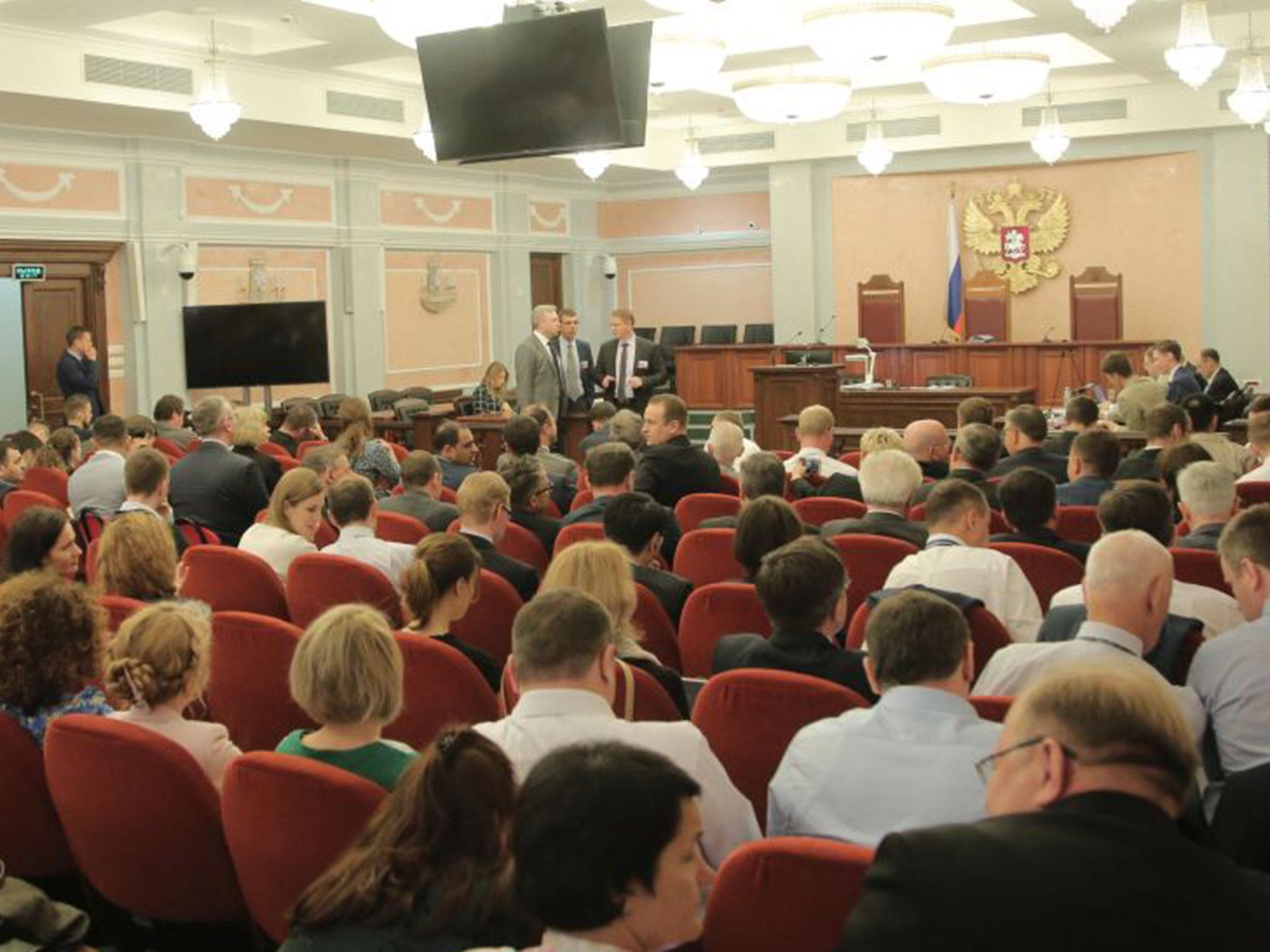Hundreds of Russian Jehovah's Witnesses apply for asylum in Finland
The religion is banned in Russia, and labelled an 'extremist' group, akin to Isis

Your support helps us to tell the story
From reproductive rights to climate change to Big Tech, The Independent is on the ground when the story is developing. Whether it's investigating the financials of Elon Musk's pro-Trump PAC or producing our latest documentary, 'The A Word', which shines a light on the American women fighting for reproductive rights, we know how important it is to parse out the facts from the messaging.
At such a critical moment in US history, we need reporters on the ground. Your donation allows us to keep sending journalists to speak to both sides of the story.
The Independent is trusted by Americans across the entire political spectrum. And unlike many other quality news outlets, we choose not to lock Americans out of our reporting and analysis with paywalls. We believe quality journalism should be available to everyone, paid for by those who can afford it.
Your support makes all the difference.Hundreds of Jehovah’s Witnesses fleeing Russia have applied for asylum in Finland, its immigration authorities have said.
The Scandinavian country has become a favoured destination for the religious group ever since Moscow outlawed its activities last year. The denomination was labelled “extremist” in March, equating the pacifist movement with terrorist organisations such as Isis. A month later, Russia’s Supreme Court upheld the decision and ordered the group’s official representation to disband.
“It doesn’t matter where in Russia they try to worship – in their meeting houses, which the state is beginning to confiscate, or in private homes,” said Geraldine Fagan, author of Believing in Russia – Religious Policy after Communism. “It represents the worst roll back of religious freedom since the fall of Communism.”
It is unclear exactly why the Kremlin chose to use its broad extremist laws against the movement. Initially the Russian Justice Ministry’s moves against the group appeared to be a response to an aggressive leafleting campaign.
Some have suggested the group’s opposition to overt patriotism and violence played a role. The influence of the Russian Orthodox Church, which views Jehovah’s Witnesses as a dangerous sect, is also apparent.
In the 17 months since the ban was enacted, dozens of Russian Jehovah’s Witnesses have been arrested. Most of an estimated 175,000 members of the denomination in Russia no longer advertise their faith. Many, it seems, are looking for new lives elsewhere.
According to the Finnish Immigration Service, the number of applications from Russian Jehovah’s Witnesses grew from five in 2016 to more than 100 in 2017 and 2018. The number of asylum applications also grew, from 193 in 2016 to 309 in the year to date. The latter figure includes all kinds of groups – from opposition activists to refugees from the northern Caucasus.
Finnish immigration officials told The Independent the vast majority of Jehovah’s Witnesses applications have yet to be processed. There had been only a “handful” of accepted applications and a “handful” of negative decisions, officials said; with nearly all of those rejected since appealing.
“Each of the cases is dealt with on an individual basis,” The Independent was told. “Persecution of these groups has not been systematic across Russia, and the approach of the ministry has taken this into account.”
The approach of authorities across Russian regions does indeed appear to vary. The vast majority of arrests have been made in the provinces with Moscow and St Petersburg yet to witness a major crackdown.
But it may be only a matter of time before the campaign reaches the major cities, said Yaroslav Sivulskiy, a member of the European Association of Jehovah’s Christian Witnesses.
“The geographical scope of the campaign against us is widening every month,” he told The Independent. “Just today there were three arrests in Kamchatka, in the far east, including a 71 year old lady. We get reports of members discovering all kinds of bugs and recording devices in their homes.”
It was the biggest challenge in the movement’s 100 year history in Russia, he said.
“We know we have been targeted. But we have no idea why.”
Join our commenting forum
Join thought-provoking conversations, follow other Independent readers and see their replies
Comments